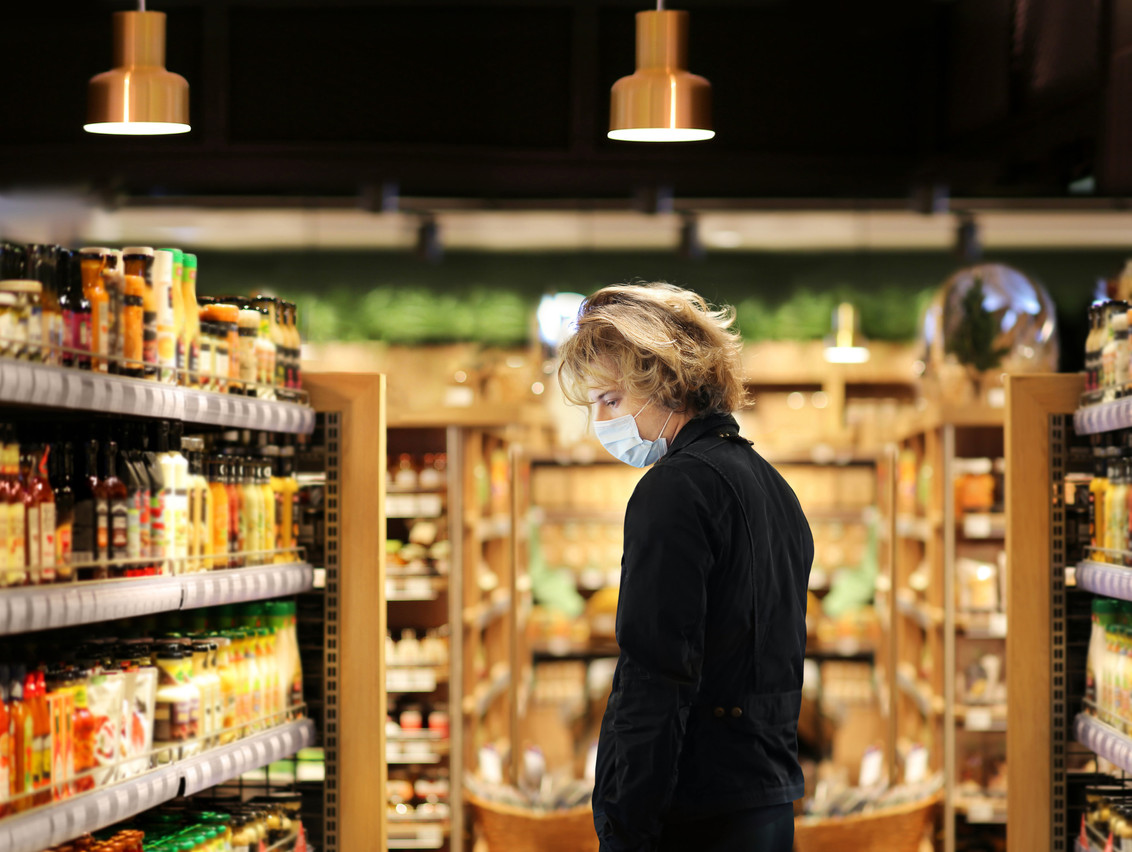Draft law 7672 lays down a set of minimum requirements producers have to meet in order to receive the approval logo. The three pillars of the certification programme were defined as quality-taste, regional-solidarity and environment-animal welfare. Two versions of the logo will exist--one to prove the product sold passed a basic set of quality control tests, and a second one to signify superior quality.
Producers can voluntarily submit themselves to the accreditation process, a statement by the agriculture ministry explains, adding that over time “a website for the label acquisition process and the promotion of approved labels will be launched for producer groups and customers” alike.
However, the Marque Nationale label is set to disappear from Luxembourg’s shelves. As explained by rapporteur Tess Burton (LSAP), it doesn’t correspond to EU criteria and thus has to be phased out.
Doubt among deputies
On a Luxembourg level, the majority of deputies voted in favour of the law tabled In 2020 by Schneider--déi Lénk and ADR withheld their vote while the Pirate party voted against--but, according to RTL, many are dubious of the use of the legislation. For one, producers who fulfil the minimum of quality criteria receive the same label as those who go the extra mile.
The other issue underlined in the chamber is that a product that receives the new “Luxembourg-agréé par l’Etat” label (“Luxembourg-approved by the State”) does not necessarily have to be from Luxembourg, but can come from anywhere outside of Luxembourg. Produce can be sourced from up to 250km from the business’s headquarters--an area that, following EU legislation, cannot be limited to national borders. This is to make sure that local brands aren’t promoted more than approved goods from other EU member states.
The law will have to be submitted to the European Commission, to make sure it is aligned with the provisions of the single market before being applied to grocery stores. The commission has three months to do so.
